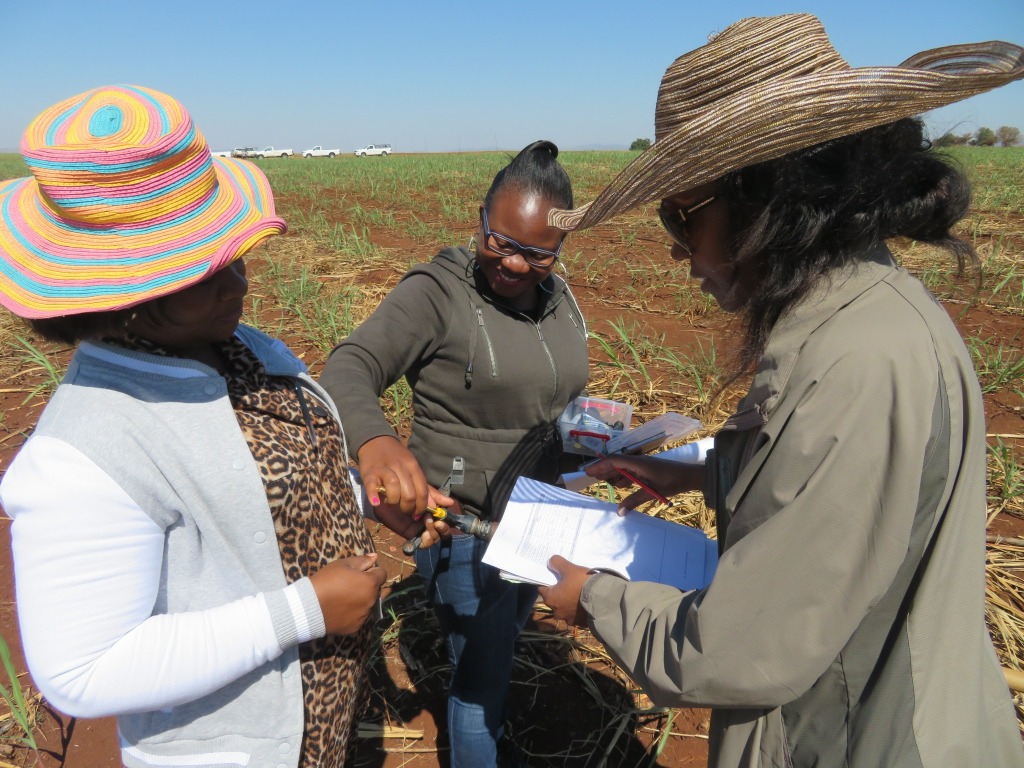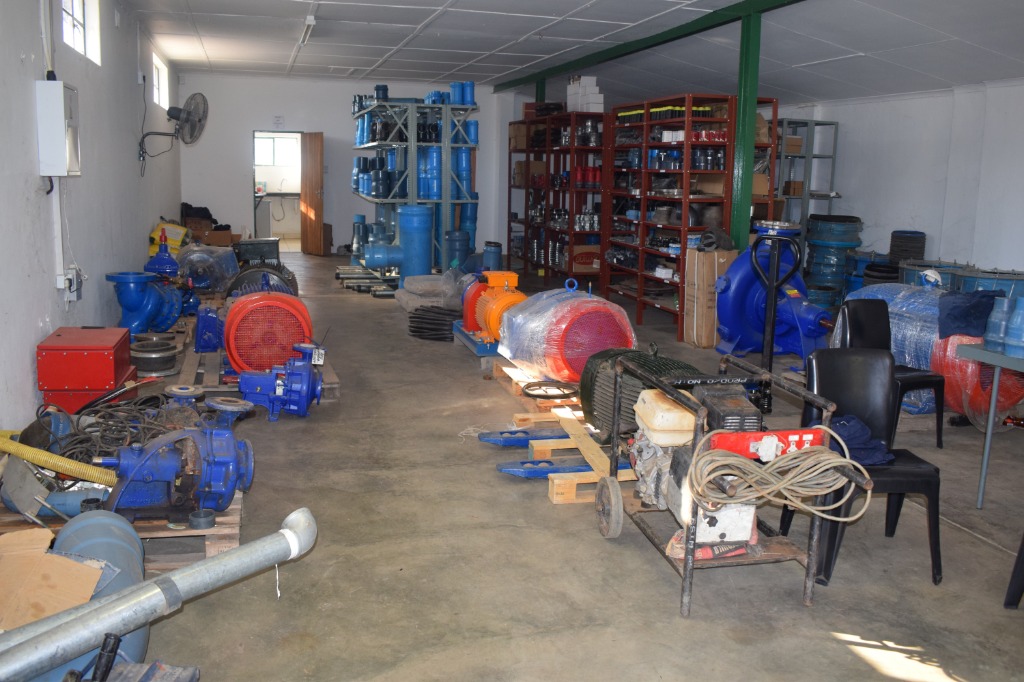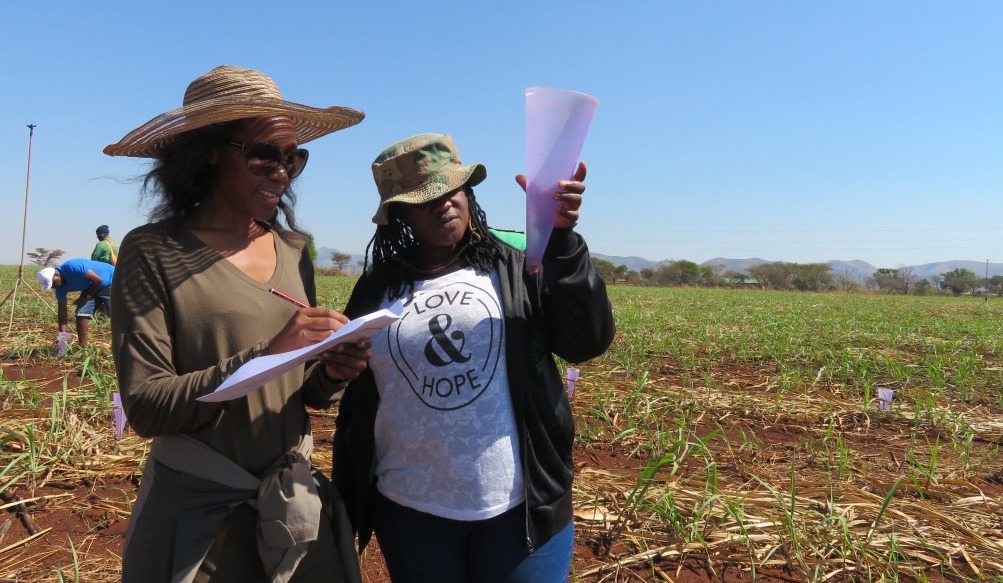Due to the bulk water improvements implemented by the Sustainable Water Fund (FDW), farmers were able to stabilize yield output at a healthy 71 tonnes per hectare despite the harsh dryness experienced during the 2016 drought. This was in the same period that commercial farms lost about 25% of their harvests. Through project interventions, yield output of smallholder farmers went up on average of about 34% between 2015 and 2018.
https://www.youtube.com/watch?v=GkEwuGYD4MA
In South Africa, approximately 25% of the total sugarcane crop is produced on irrigated farms. A high demand for water in that region continues to put pressure on the limited resources available to the sugar industry because of competition with other crops, human water use and frequent droughts.
In addition, water use for agriculture is subject to increasing scrutiny from policy makers and environmentalists resulting in an industry under more pressure to enhance water use efficiency and effectiveness. As a result, water use efficiency has been identified as a major point of concern in the irrigated sugarcane areas.

Supporting farmers with the Sustainable Water Fund
In a context of growing public concern, Solidaridad launched the Sustainable Water Fund project in 2015 in Malelane. The farming town of Malelane sits on the north eastern part of Mpumalanga, South Africa, in close proximity to the Mozambique and Swaziland borders. Malelane is located in the Crocodile River catchment area, a highly stressed area with its water capacity already 70% allocated.
The Water Research Commission and TSGro, a subsidiary of TSB Sugar Ltd., one the biggest sugar producers in the country, provided crucial knowledge and support for making the project successful. The TSB mill operates close to international borders, which grants them a significant impact on trans-border water agreements. With South Africa being a water-scarce country, all structured interventions not only benefit farmers but also have a positive impact on the ecology, as well as assisting with international obligations.
The majority of the smallholder producers in the Sustainable Water Fund programme were working on farms with old, underinvested infrastructure that left them at times going for months without water in attempts to repair worn-out equipment. Since water is such a critical input for sugarcane farming, the lack of efficient water supply had an immediate and negative impact on the yields among these small farmers. The lack of water seen in recent years compromised their sustainability and future welfare as 84% of farmers in the area were producing without profit.

Bridging the knowledge gap using evidence-based results
Solidaridad proposed interventions to increase water efficiency and effectiveness through improvement in the bulk water infrastructure. The first point of intervention was to evaluate the current state of infrastructure, including old pipes, clusters, valves, routers and pumps. This evaluation accelerated the much needed repairs.
A key goal of the programme was to get farmers to see the value of maintaining good infrastructure through evidence-based results. With proof of positive results, the small farmers become motivated to invest their own money in maintaining their infrastructure when the programme is concluded.

Knowledge gaps among farmers about proper irrigation was also a concern. Some farmers had too many sprinklers on their plots which resulted in over-irrigation and thus, soil erosion. Farmers needed to understand the balance between the right amount of sprinklers at the right pressure, which has a direct impact on use of electricity. Knowledge gaps were addressed by training development officers on the Bonsucro Sugar Standard, who would then be in a position to help farmers improve their methods.
Another area of training covered the good governance of cooperatives. This topic is imperative for breaking the cycle of perpetual leadership that often stifles growth and change. The training explored subjects around leadership responsibility, statutory obligations like taxes, and the need for annual meetings and elections. Solidaridad also taught members about their rights and responsibilities for navigating formal challenges in a way that empowers the collective as a whole.
Learn more about sustainability for sugarcane
Further reading on the Sustainable Water Fund:
